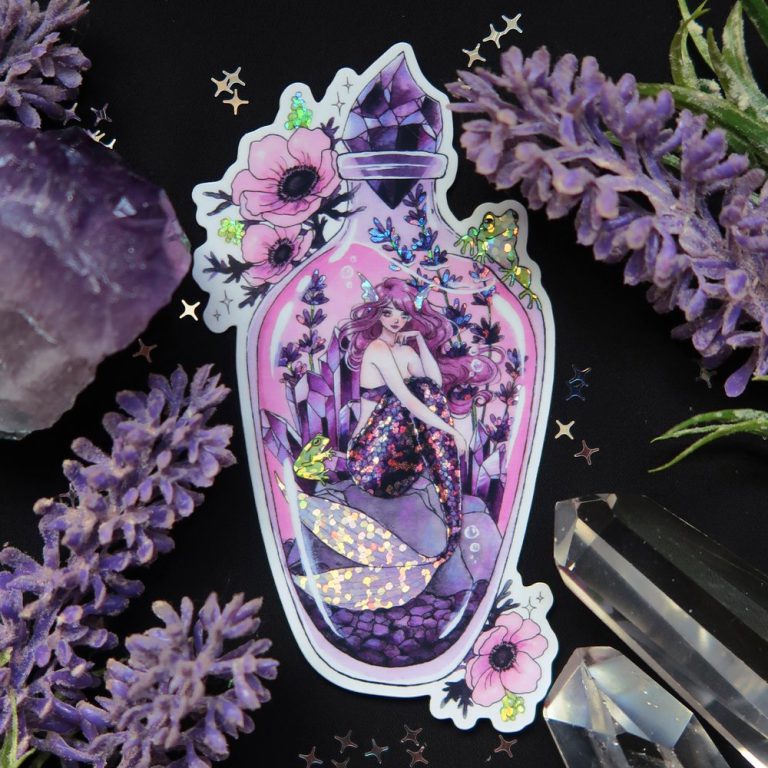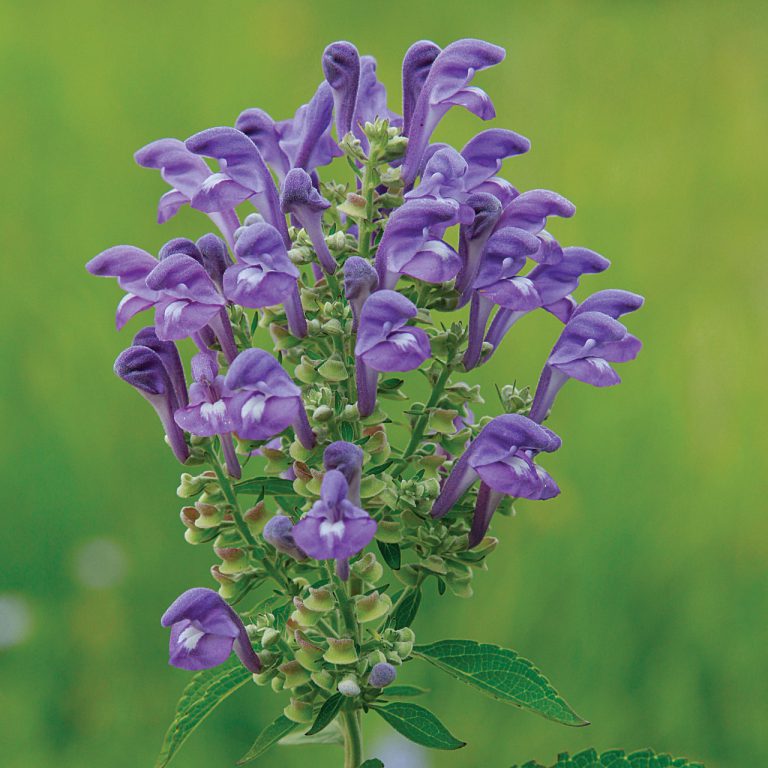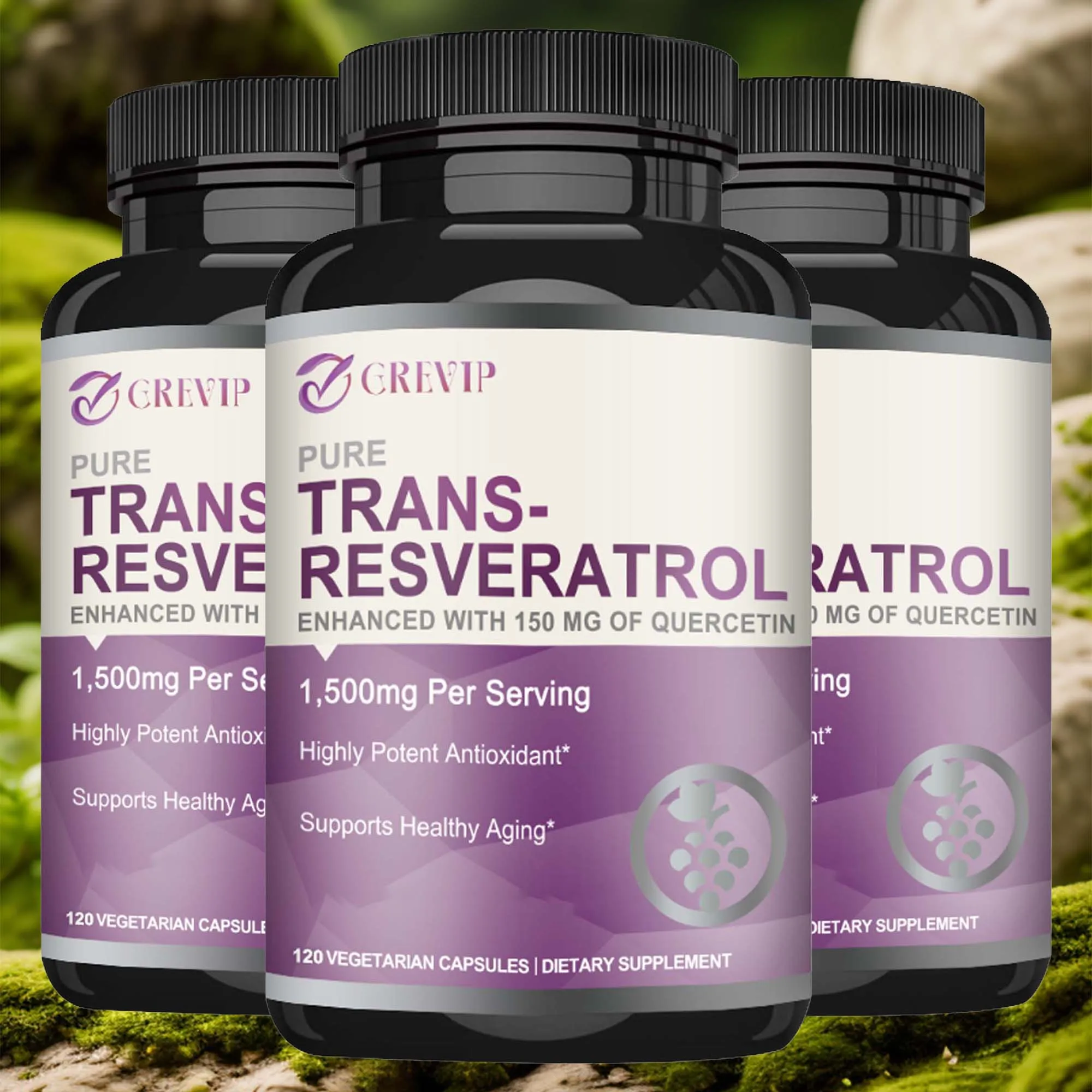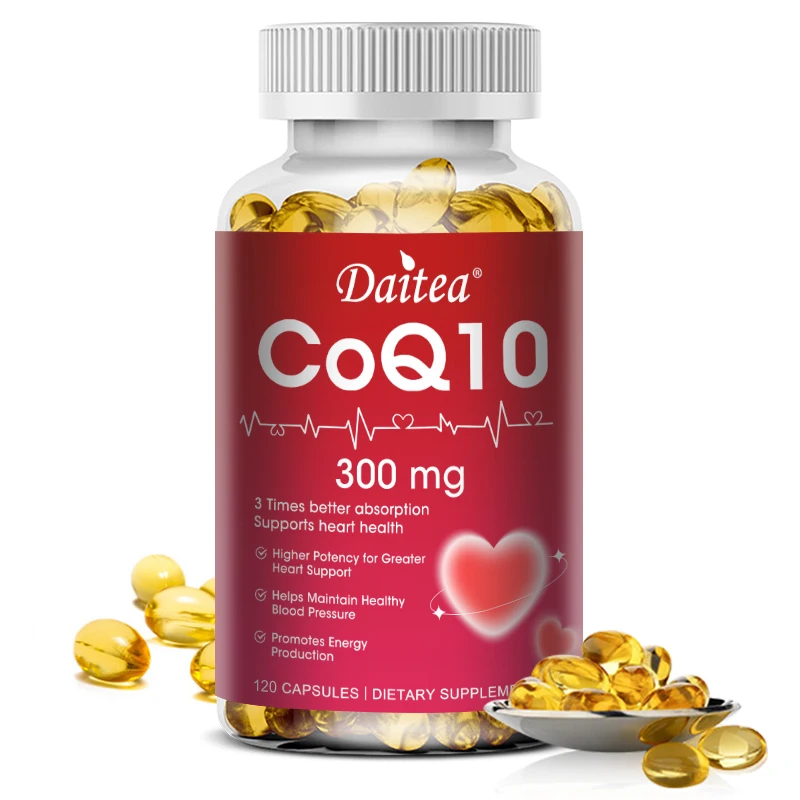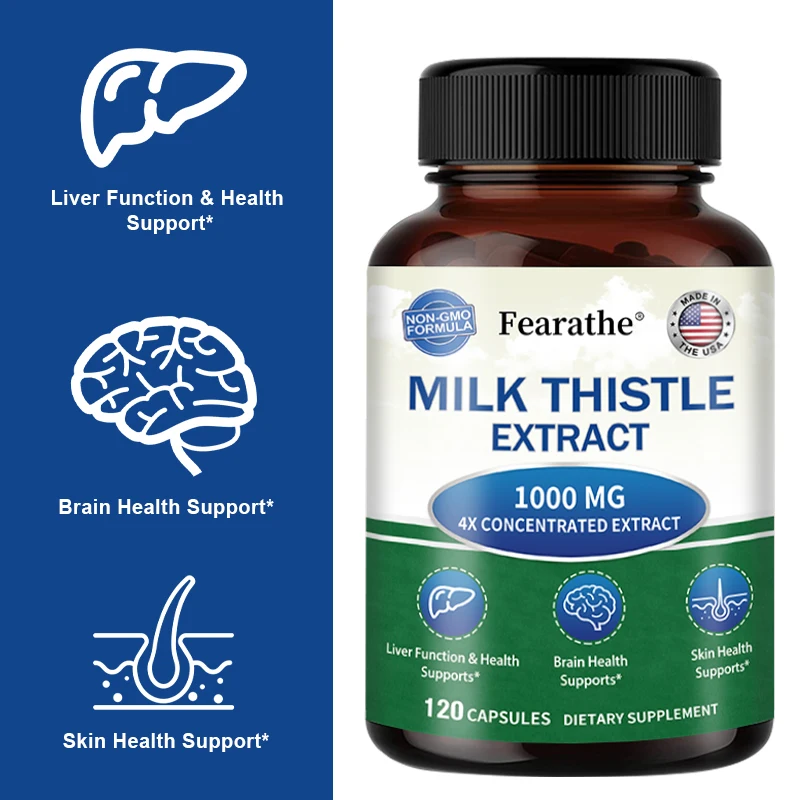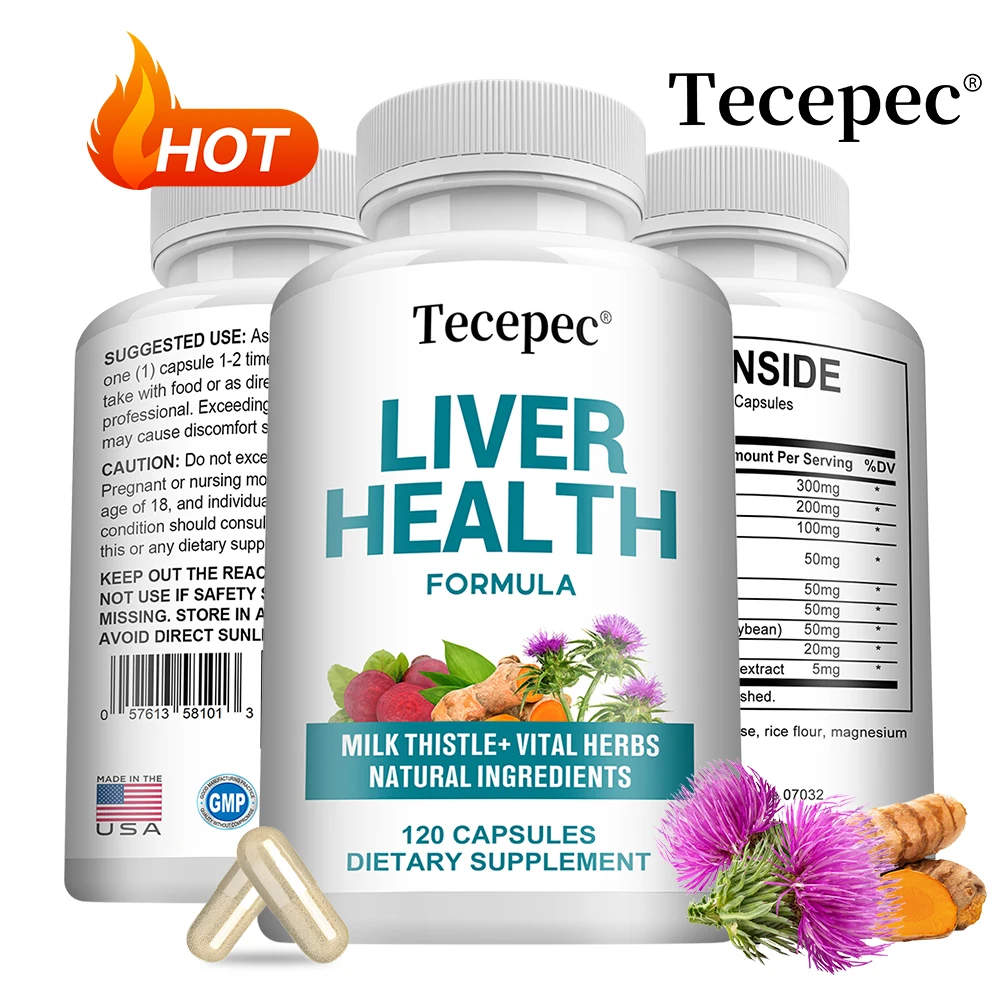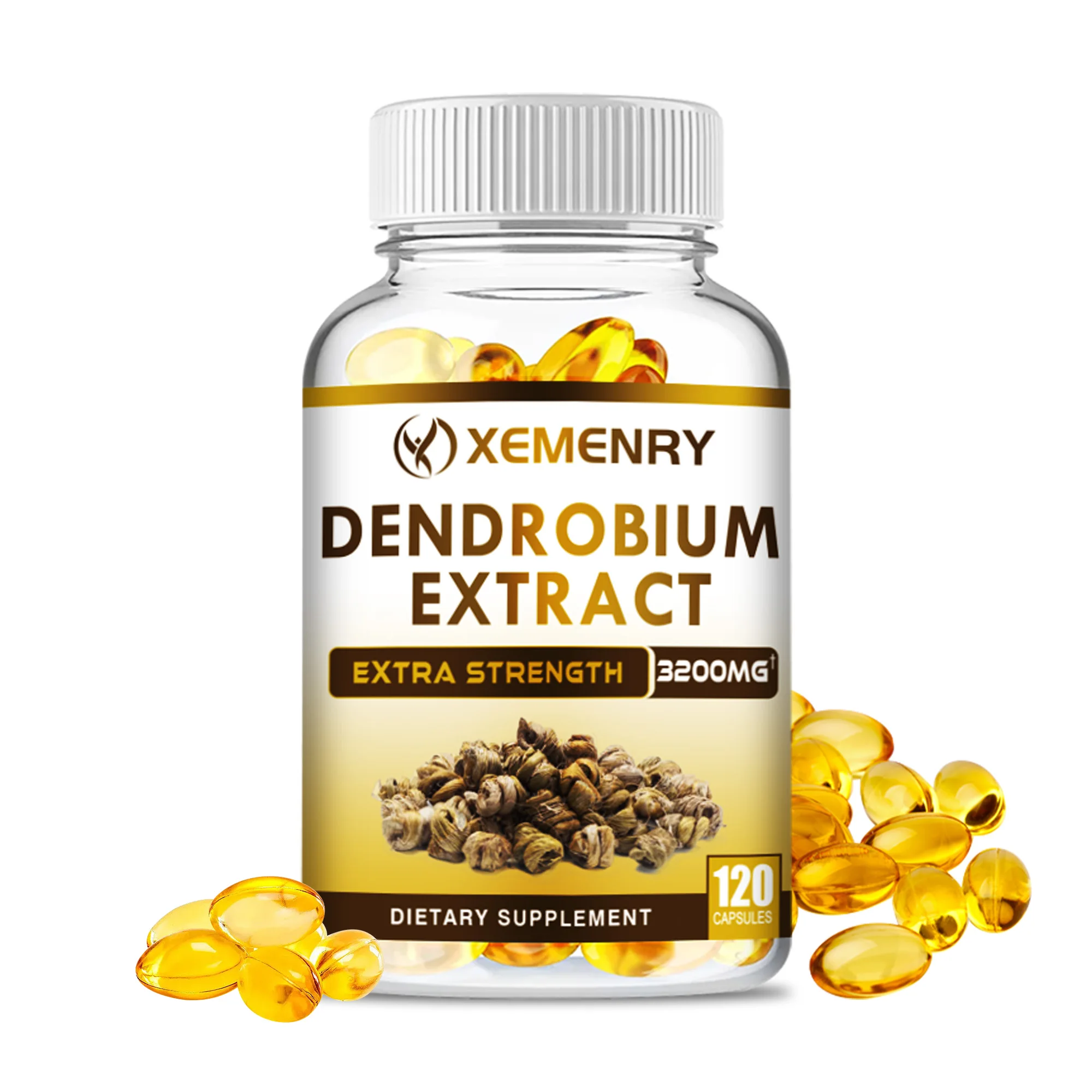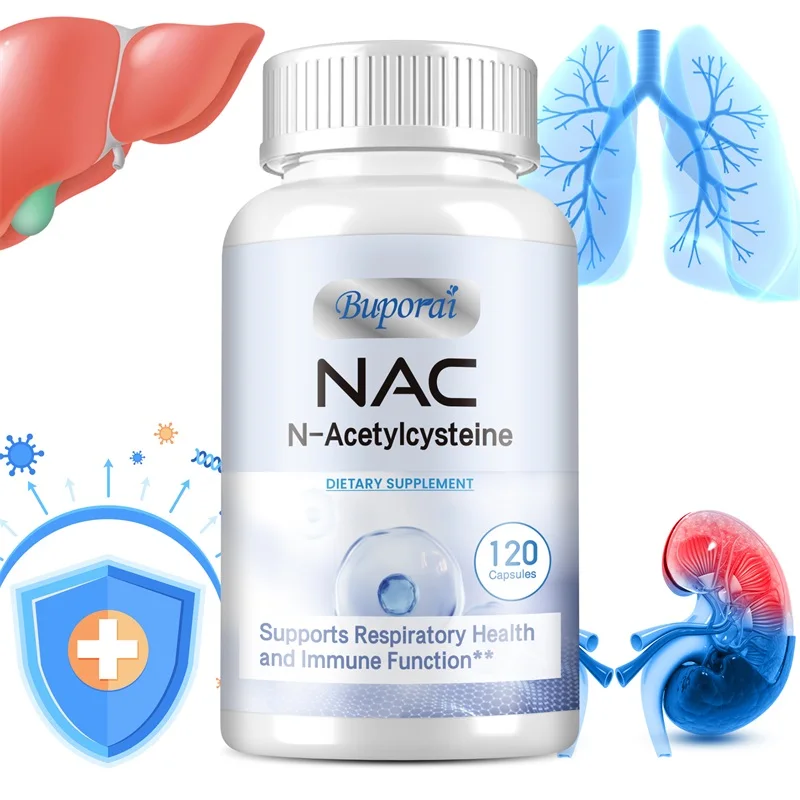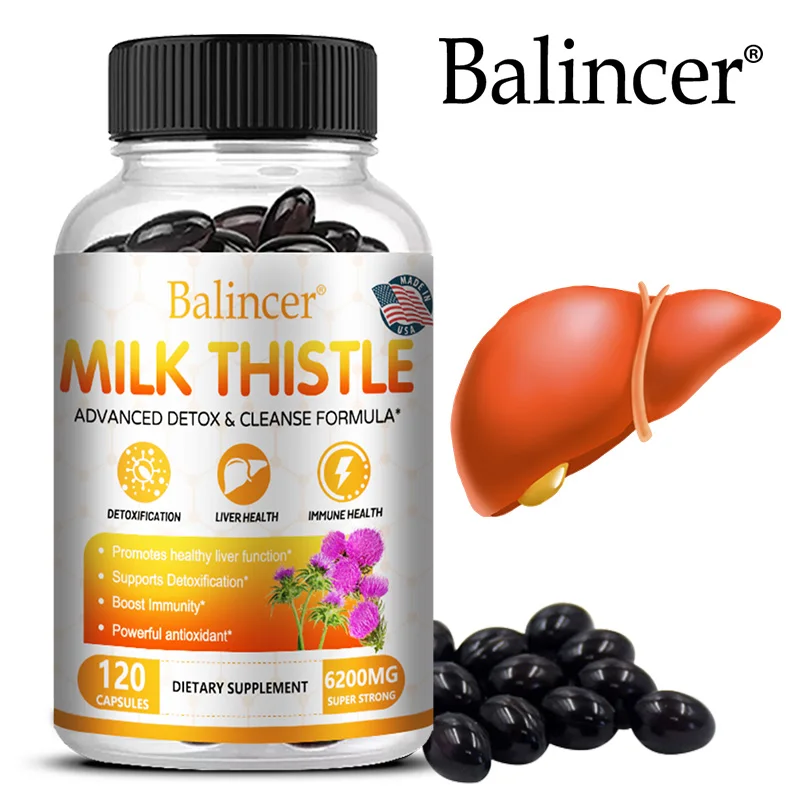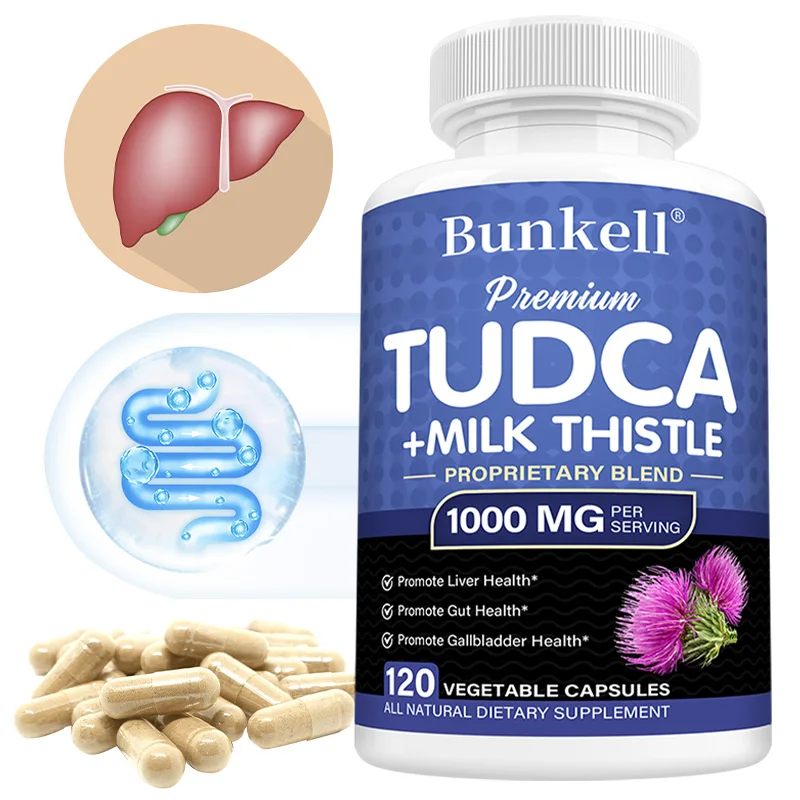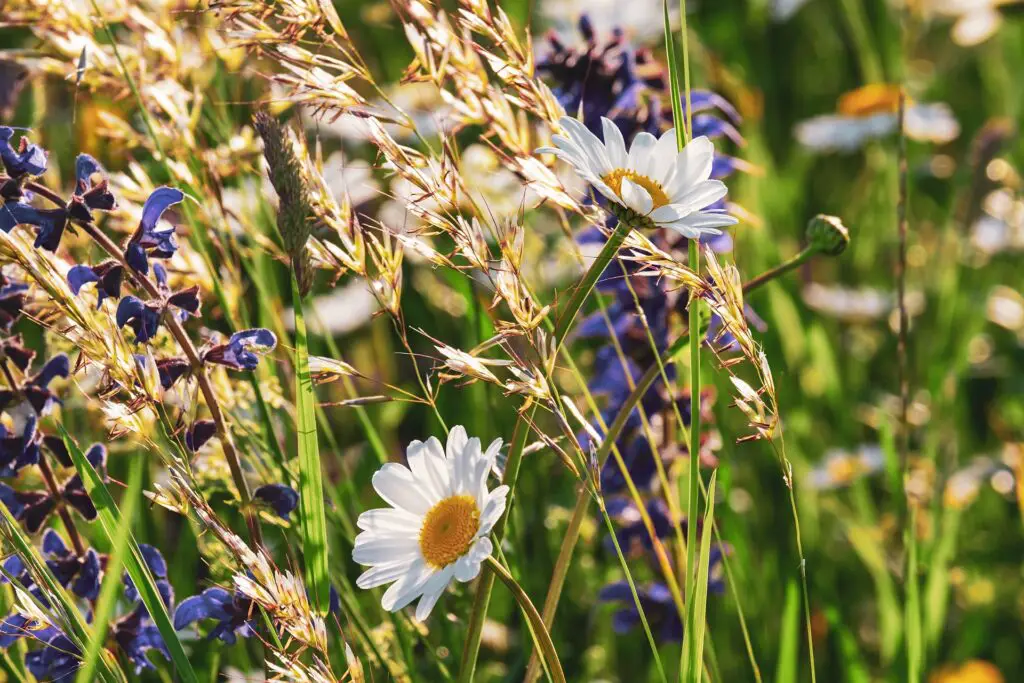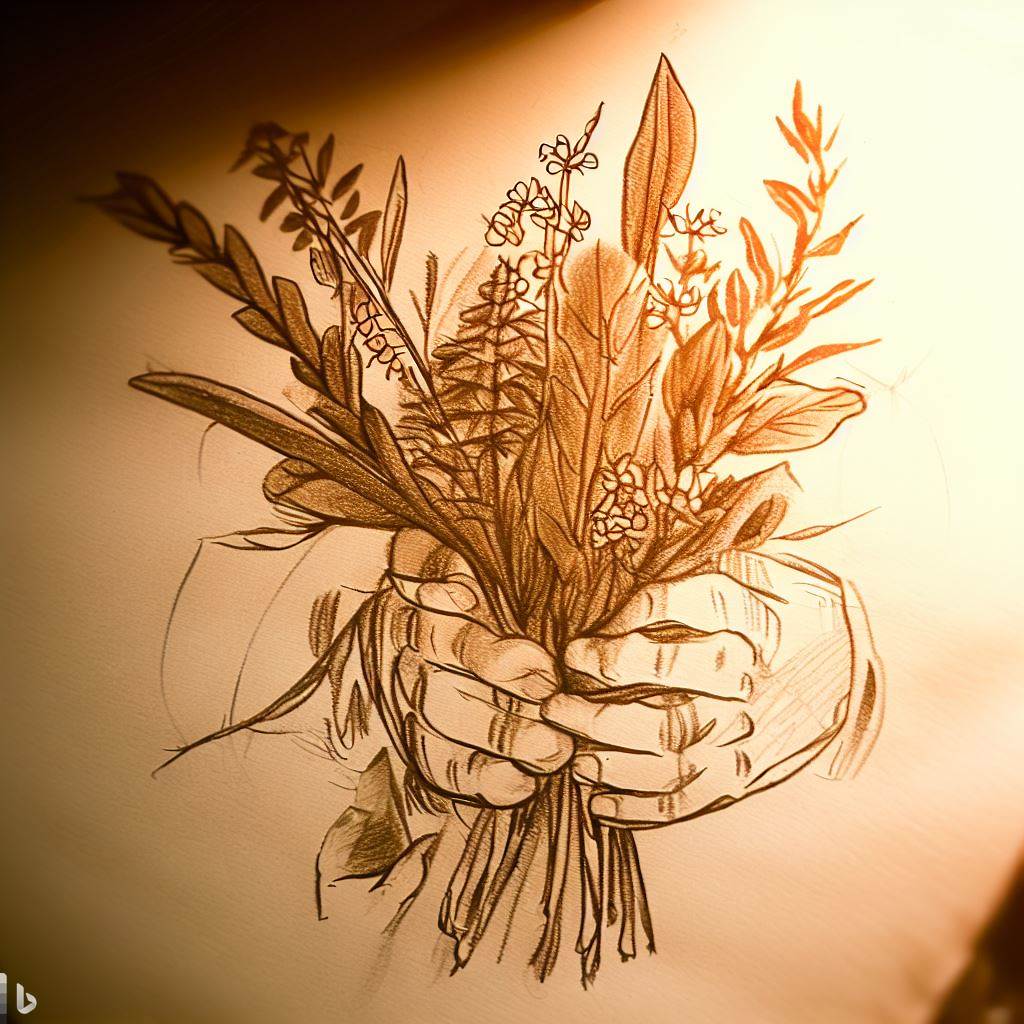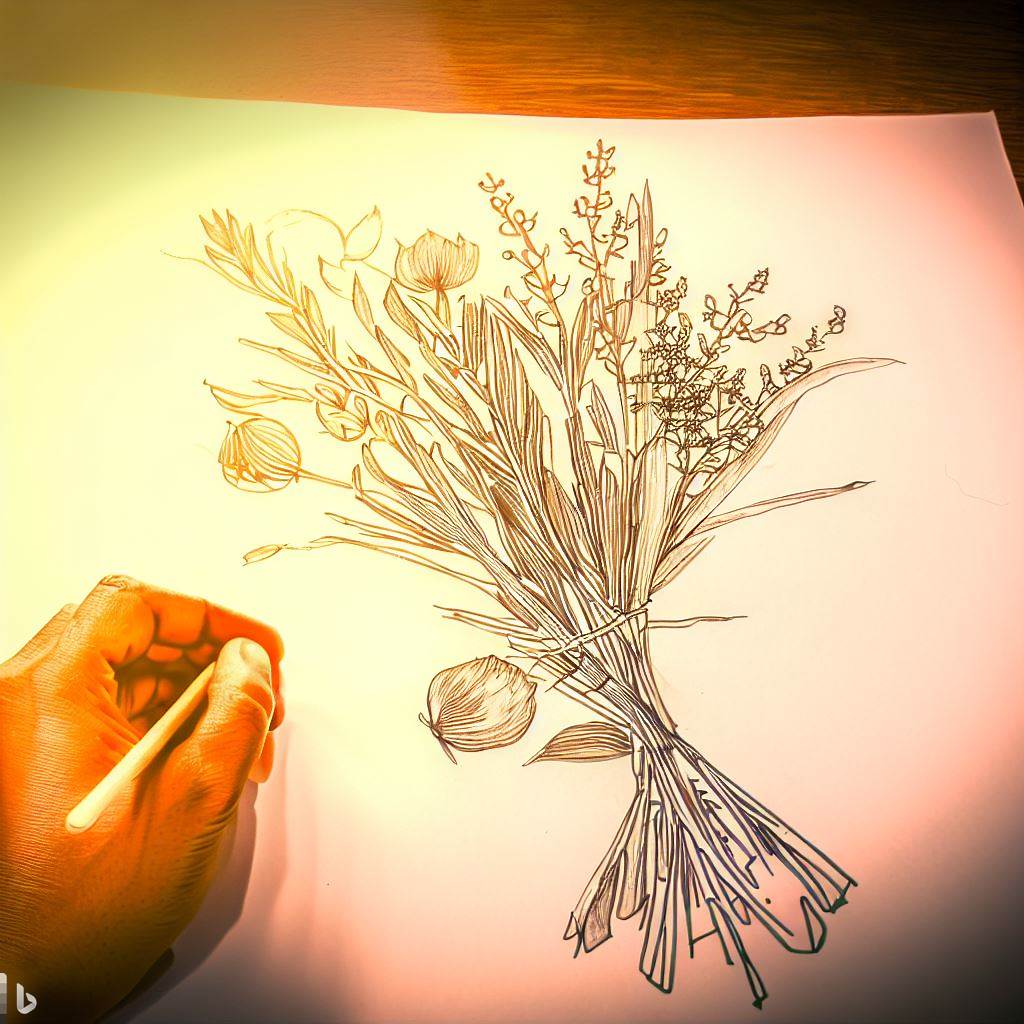Tucked away beneath the shade of old oak trees or thriving along the borders of meadows lies a plant so revered in ancient times that it was said to ward off evil spirits and cure twenty-four ailments. Meet Wood Betony (Stachys officinalis)—a herb that once held a central place in every apothecary’s garden, and yet today remains largely forgotten outside circles of dedicated herbalists.
In an age overwhelmed by stress, disconnection, and chronic illness, wood betony is staging a quiet comeback—and for good reason.
Once Valued More Than Gold
In Roman times, wood betony was considered a cure-all, so prized that the physician Antonius Musa claimed it could treat nearly any condition. The Anglo-Saxons held it sacred, inscribing its virtues into the Leechbook of Bald, an early medical text. Medieval monks planted it around monasteries to protect against nightmares and enchantments, and it was often used to ‘guard the soul’.
There was even an old Italian proverb: “Sell your coat and buy betony.” In other words, it was considered more essential than clothing itself.
The Mind-Body Link in a Single Plant
Modern science is beginning to catch up with tradition. Wood betony’s effects are most notable in the nervous and digestive systems, thanks to its blend of tannins, glycosides, diterpenes, and alkaloids. But what sets it apart is its balancing action on the mind-body connection—calming the mind while strengthening the body’s vital functions.
- Nervous System Tonic: Wood betony helps ease anxiety, neuralgia, tension headaches, and mild depression. Unlike sedatives, it restores rather than dulls.
- Digestive Soother: Its mild astringency and gentle stimulation of bile flow support better digestion—especially in individuals whose gut symptoms are stress-related.
- Circulatory Aid: The herb improves blood flow to the head, making it useful for poor memory, dizziness, and post-concussion fog.
- Spiritual Grounding: Energetically, it is considered a rooting herb, ideal for those who feel unmoored, scattered, or disconnected from their bodies.
A Forgotten Ally for the Modern World
In an era defined by over-stimulation, wood betony offers calm, clarity, and groundedness. It does not sedate; it stabilizes. It does not numb; it restores. Its unique value lies in its ability to bridge the gap between physical symptoms and emotional states, making it ideal for psychosomatic conditions—those aches, pains, and tensions that arise from long-term emotional strain.
This is not a flashy herb. It’s not going to top wellness trend lists. But for the quietly suffering, the fatigued thinkers, and the spiritually disoriented, wood betony may be exactly what’s missing.
Growing and Using Wood Betony
Wood betony is a perennial of great beauty, bearing purple, tubular flowers on square stems with deeply veined leaves. It prefers semi-shaded areas and slightly acidic soil, making it a good candidate for woodland gardens or shady patches.
To use:
- Infusion (tea): 1–2 teaspoons of dried aerial parts steeped for 10–15 minutes. Ideal for nervous tension, digestive issues, or mild headaches.
- Tincture: 1:5 in 40% alcohol; taken in small doses for long-term nervous system support.
- Energetic use: Carried in sachets or placed under the pillow to promote grounded dreams and mental clarity.
Caution: As a mild uterine stimulant, wood betony should be used cautiously in pregnancy.
Conclusion: The Return of the Guardian Herb
Wood betony stands as a herbal archetype of protection, clarity, and embodiment. It reminds us that true healing often lies not in bombastic cures, but in humble plants with deep, ancient wisdom. At a time when anxiety and fragmentation define so many lives, betony offers its quiet hand—not to silence the noise, but to help us hear ourselves again.
Perhaps it’s time we return the favor, and remember the plants that once guarded both our bodies and our souls.

